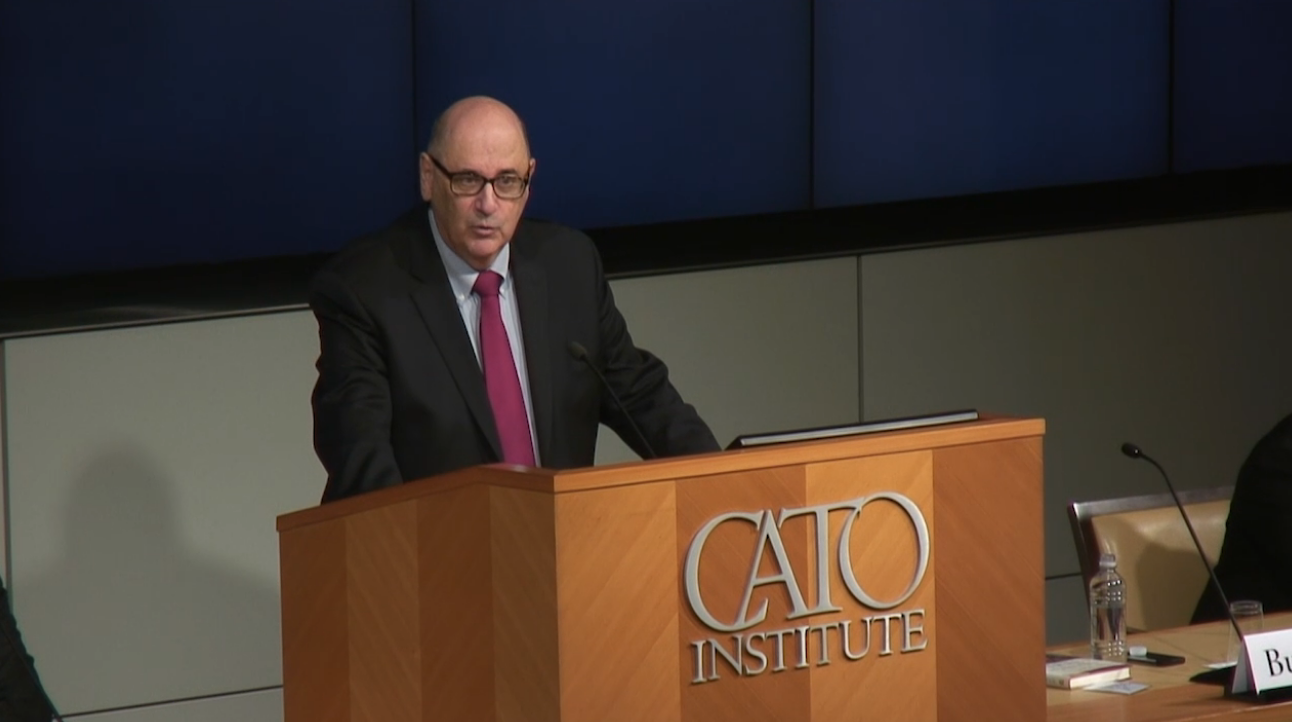Vague commitments to pursue “campaign finance reform” and promises to overturn Citizens United have become increasingly popular talking points among some candidates this election cycle. Following this trend, misguided and unfounded claims that the system is dysfunctional and that electoral and policy outcomes are the result of nothing more than monetary transactions among politicians, wealthy donors, and corporations have become cornerstones of the populist dogma that has taken root in recent American politics.
But what is interesting about the politicians making these campaign promises to cleanse our system of the alleged influence of money is that most of them are themselves supported by wealthy donors and well-funded super PACs. Even more enlightening is that none of their supporters seem to care, not even the ones most dedicated to the standard campaign finance reform agenda.
By now, we’ve all heard the go-to response when politicians in the “reform” camp are confronted about this apparent hypocrisy. They will, without fail, turn to some iteration of the trusty old “unilateral disarmament” justification. That is, they must court significant contributions and embrace independent expenditures because their opponents are spending enormous amounts of money, and if they just stopped accepting large donations or turned their backs on super PACs, well, they wouldn’t stand a chance. And the only way to achieve the campaign finance reform they are promising is to be elected into office.
Admittedly, this isn’t a bad argument. But why isn’t it a bad argument? Well, because it’s probably true. Candidates who wish to further regulate political speech that decide to practice what they preach would have a tough time competing against candidates that are not limiting their sources of financial support by arbitrarily picking and choosing whose support to accept from those who agree with their message.
More important, however, is the fact that by using this justification, these politicians are admitting the essential truth about political spending: that it is absolutely necessary for effectively speaking to the electorate. In other words, they are accepting the fact that the “big money” that they decry is being spent on nothing more than speech and that further limiting the amount of money citizens are permitted to contribute would achieve nothing more than reducing the overall amount of speech that occurs in the campaign process.
Furthermore, they are also acknowledging that money in politics is not inherently corrupting. Politicians would never attempt to make the argument that they must embrace outright corruption because their opponents are. If these “reform” touting politicians really believed that “big money” necessitates corruption, they would stop accepting it. But they don’t. They just say they need it to effectively campaign. And, of course, they do. So, again, they are admitting that money is actually just used to effectively communicate one’s message and run the myriad aspects of a campaign, thereby implicitly acknowledging that cutting off various sources of money would decrease the ability of politicians to effectively speak with the electorate.
In summary, the “unilateral disarmament” justification made by some pro-regulation politicians isn’t a bad argument, but if these politicians are going to make this argument, they must also give up on the lies that money inevitably begets corruption and that money isn’t necessary for speech.
More money means more speech. And more speech means a more informed electorate. It’s about time that politicians of this breed give up the charade and start admitting that what they really want are further restrictions on the political speech and assembly rights of all Americans.














